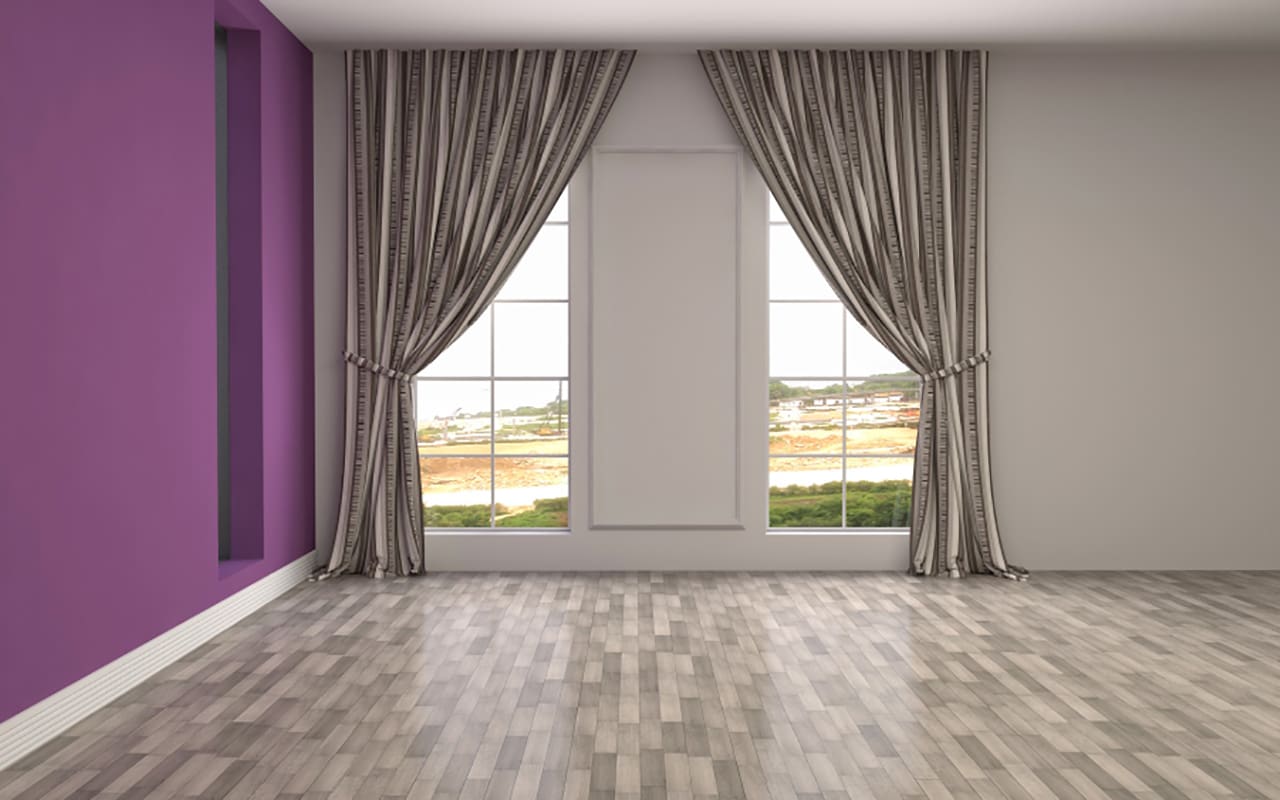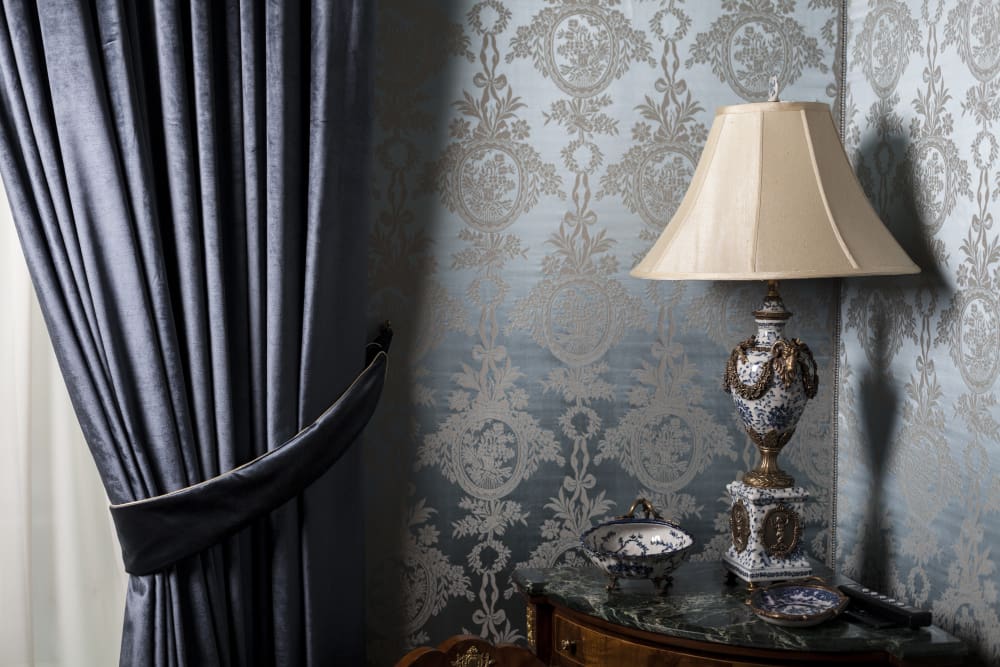
Double Glazing or Heavy Curtains
Exploring Heavy Curtains Definition and Benefits of Heavy Curtains for Insulation: Heavy curtains are thick, layered window coverings designed to […]
Understanding Double Glazing
Recap of Double Glazing Benefits
As discussed earlier, double glazing offers a range of benefits that make it a popular choice for home insulation. Let’s recap some of these advantages:
Improved Energy Efficiency: Double glazing reduces heat loss and heat gain, leading to more efficient temperature regulation within your home and lower energy consumption.
Enhanced Thermal Comfort: By minimising cold spots near windows, double glazing provides a more comfortable living environment throughout the year.
Noise Reduction: The air or gas-filled gap between the glass panes acts as a sound barrier, reducing external noise infiltration and creating a quieter interior space.
Condensation Control: Double glazing significantly reduces condensation on the interior window surfaces, mitigating the risk of mould and dampness.
Increased Property Value: Homes with double glazing are often more attractive to buyers due to their energy-saving features, potentially boosting the property’s value.
Materials Commonly Used in Double Glazing
To ensure effective insulation and durability, various materials are used in the construction of double glazing units:
Glass: High-quality glass with low emissivity (low-E) coatings is commonly used to minimize heat transfer and improve energy efficiency.
Spacer Bars: The spacer bars around the edges of the glass panes are typically made of aluminum, stainless steel, or composite materials, maintaining the gap between the panes.
Insulating Gas: The space between the glass panes is filled with an insulating gas, such as argon, krypton, or xenon, to further reduce heat transfer.
Sealing Material: Specialised materials ensure the double glazing unit is hermetically sealed, preventing air or gas leakage and ensuring long-term effectiveness.
Exploring Heavy Curtains
Definition and Benefits of Heavy Curtains for Insulation:
Heavy curtains are thick, layered window coverings designed to provide additional insulation benefits. They are made from materials like velvet, wool, or thermal fabrics, and their weight and thickness help create a barrier that reduces heat loss through windows.
Historically, heavy curtains were used to make properties warmer and less draughty before manufacturing and installation technology made the units far more efficient. Old windows were so draughty, and rooms were so cold during the winter that even beds would have curtains round them as a secondary insulation layer!
How Heavy Curtains Work Alongside Double Glazing
When used in conjunction with double glazing, heavy curtains enhance insulation by adding an extra layer of protection against heat transfer. During colder months, the heavy curtains help retain warmth inside, while in hot weather, they prevent excessive heat from entering the room.
Best Scenarios for Using Heavy Curtains:
Heavy curtains are particularly beneficial in the following scenarios:
Older or Single Glazed Windows
Homes with older or single glazed windows can significantly benefit from heavy curtains, providing an affordable solution to improve insulation.
High Ceiling Rooms
Rooms with high ceilings tend to experience heat stratification, where warm air rises to the top and leaves lower areas feeling cooler. Heavy curtains can help prevent heat loss and improve overall comfort in such spaces.
North-Facing Windows
Rooms with windows facing the north are more prone to heat loss during colder months. Heavy curtains can effectively reduce this heat loss and retain warmth.

Double Glazing vs. Heavy Curtains
1. Insulation Performance Comparison
While both double glazing and heavy curtains improve insulation, double glazing with its sealed gas unit offers more consistent and efficient thermal performance throughout the year. Of course, the insulating properties of heavy curtains are lost during the day as you’d want to open them to let the daylight in!
2. Sound Absorption and Noise Reduction Abilities
Double glazing, with its insulating gas layer, also provides soundproofing benefits, reducing external noise infiltration. Heavy curtains contribute to sound absorption but may not offer the same level of noise reduction as double glazing.
3. Aesthetic and Practical Considerations
Double glazing maintains the original appearance of windows and requires no additional effort for daily use. Heavy curtains, on the other hand, add a decorative element to the room and can be a more cost-effective option for certain insulation needs. The use of heavy curtains creates a traditional look for a room, which may not be to the taste of those wanting a cleaner, more modern appearance.
Ultimately, the decision between double glazing and heavy curtains depends on your specific insulation requirements, budget considerations, and personal preferences for aesthetics and convenience.